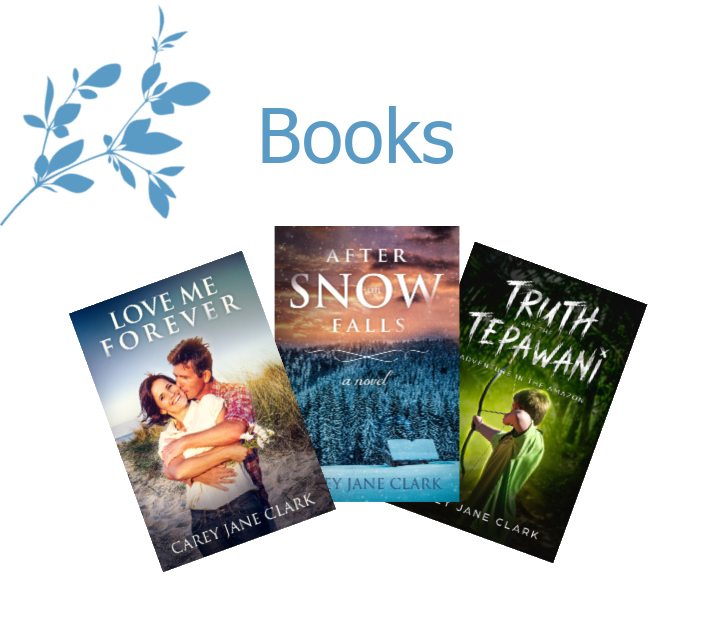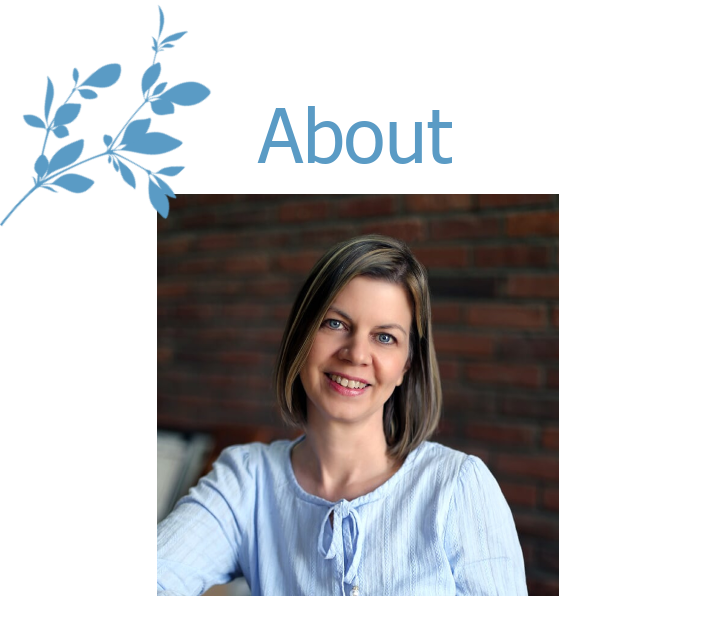 When I wrote After the Snow Falls, a good portion of the people and locations were from my own imagination, but I did take a trip one year around Christmastime to an area in Quebec close to where my husband grew up. It was this place that became the inspiration for the fictional town of Point-du-Fleuve (in the real region of Pontiac) where Celia and her husband Jeff built their dream home, and where part of the story occurs.
When I wrote After the Snow Falls, a good portion of the people and locations were from my own imagination, but I did take a trip one year around Christmastime to an area in Quebec close to where my husband grew up. It was this place that became the inspiration for the fictional town of Point-du-Fleuve (in the real region of Pontiac) where Celia and her husband Jeff built their dream home, and where part of the story occurs.
I thought it would be fun to share a few photos of that area so you can what’s so inspiring about this beautiful region.
While Jeff and Celia live on a rural property, they live outside a small town much like this one:
Here is the town church, the kind of church where Father LaFontaine was the parish priest:

When Celia and her husband are driving back and forth to Toronto, they would travel in and out of their town on roads like this:

The railroad no longer runs through this area. In fact, in After the Snow Falls, Celia and Sarah ride bikes down the old rail trail. This is a picture from the railroad’s early days when a working station functioned in the town:

Part of the appeal of the area to me is the water, in some places fierce, in others, beautifully calm.


I hope you enjoyed this little peek into the inspiration behind my story. Some readers are beginning to leave comments at the website for After the Snow Falls. If you enjoyed the read, don’t forget to leave your comments too. I love to connect with readers.









